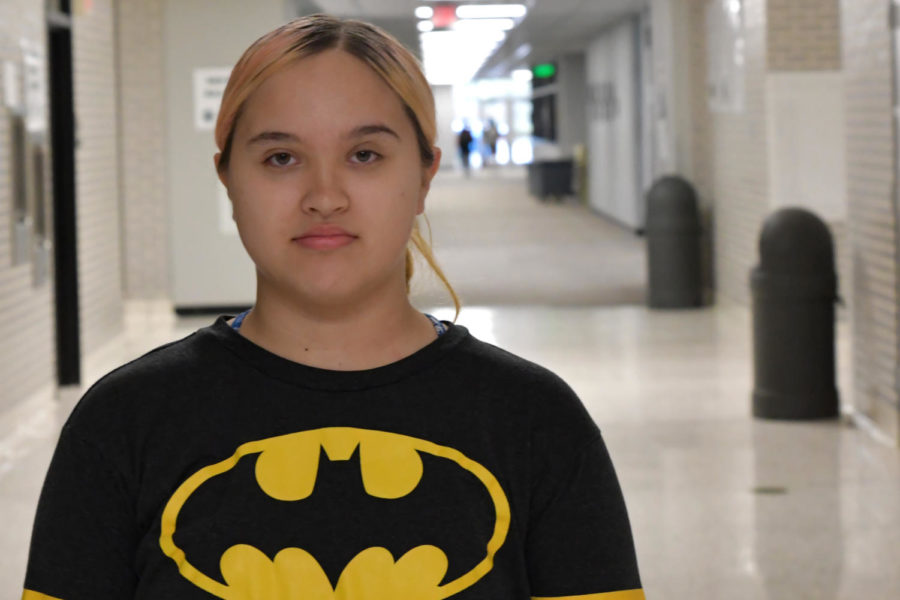ADHD is not my superpower
Freshman Alice Allison writes about her experience with an ADHD diagnosis.
March 2, 2023
Almost every July and October, banners, posters and pictures supporting those with disabilities flood my Instagram feed, small business websites and even libraries. Now and then I find one that says things along the lines of “ADHD is a superpower!” And even though it’s supposed to empower others like myself, it only makes me question if I’m doing something wrong. It doesn’t always feel like a superpower. More often than not, it feels like the disorder that it’s categorized as.
It was confirmed I had ADHD in the last few months of 7th grade, but I can remember getting in trouble consistently for daydreaming, not having my hands in my lap, looking around during class, and “not paying attention” when I was younger. I would cry a lot because I couldn’t stop what I now know as my symptoms. I just couldn’t make my brain quiet, and it was very frustrating.
Before they diagnosed me, each year I would fail almost all of my classes. My previous teachers would speak at a pace that I couldn’t understand. When I would get stuck on something, once I finally figured it out, the teachers were already on another question. After searching for answers to what was wrong, I soon found communities dedicated to people with ADHD that experienced the same things as myself. I spoke to my parents about those people, my symptoms, and my suspicions. Soon we went to my doctor, who told me I had ADHD.
After my doctor diagnosed me, I learned how to manage my symptoms from suggestions made by others that have ADHD. I began setting up a personalized 504 plan, changing the way I take notes, listening to people differently, and taking breaks when I’m overwhelmed. After I began trying to help myself, I soon became more successful in my academic work and myself as a person.
It’s been almost three years since my diagnosis and I’ve learned a lot about my ADHD and how to manage it. Regardless, it’s still a disability, and being able to manage it doesn’t mean that I don’t experience symptoms anymore. I still have trouble focusing, finishing tasks, understanding concepts, and planning tasks reasonably. In fact, I still struggle with the same things as before, but luckily I found a way that I can prevent it from disrupting my daily life.
Above all, ADHD isn’t just having more creative thinking skills. I’m not trying to say that it’s the worst thing ever or something that has never benefited me, but in my opinion, it certainly isn’t amazing or a superpower. If one truly wants to support a disability, one shouldn’t ignore the struggles that come along with having one. Instead, others should embrace the good and the bad of a disability because having one doesn’t make someone less than others, but it certainly doesn’t make someone superior either.








